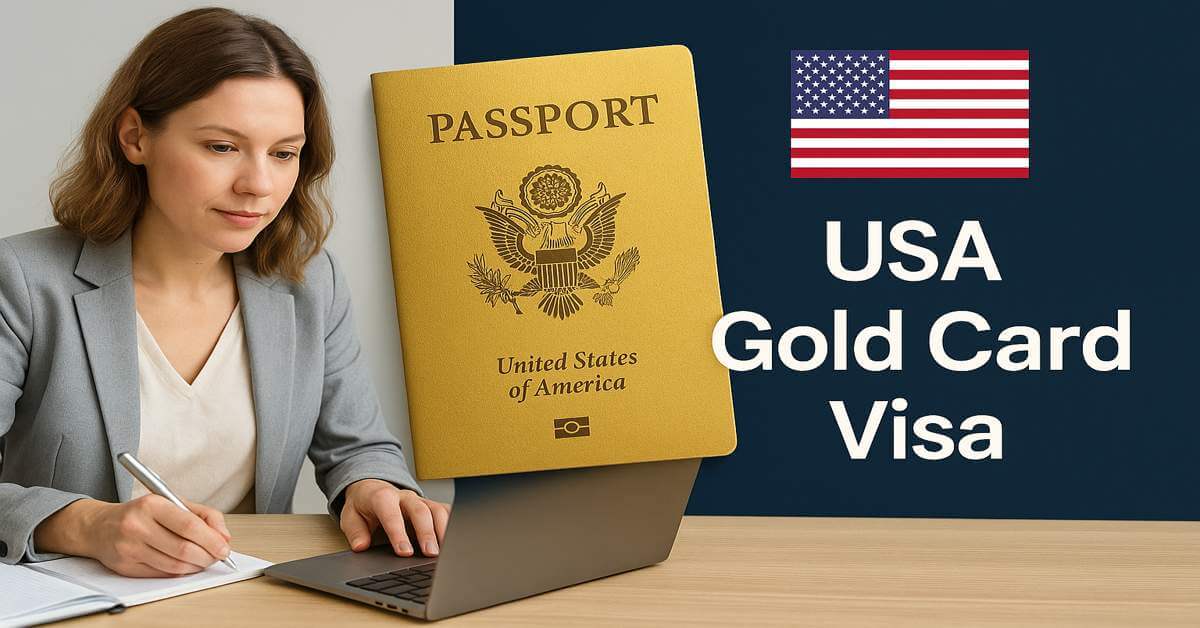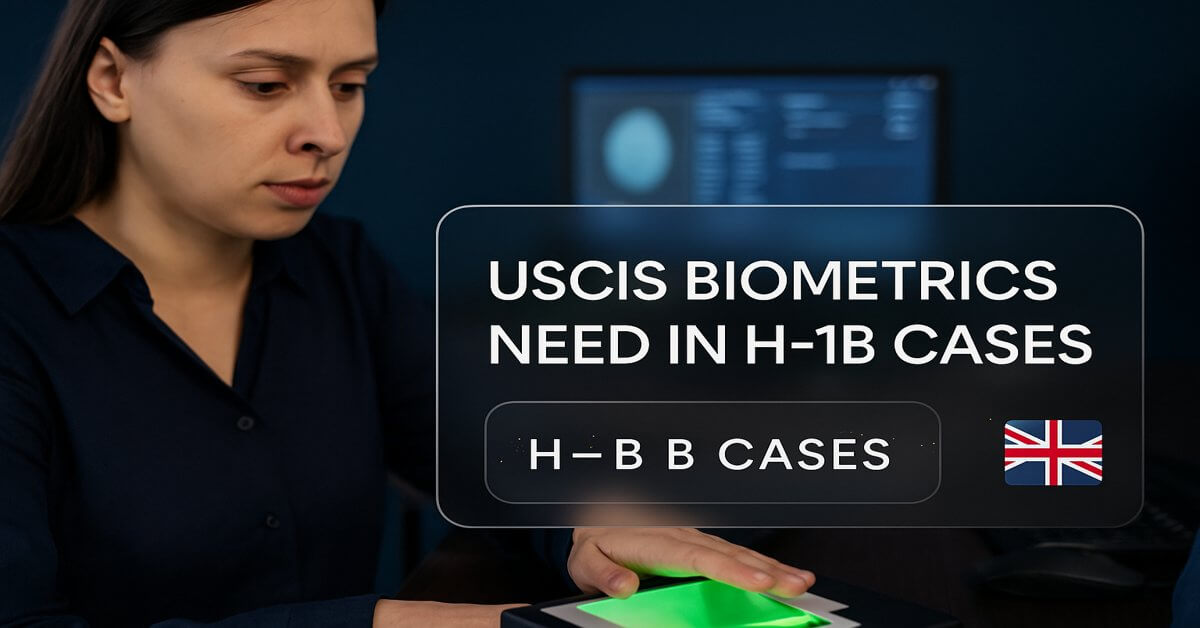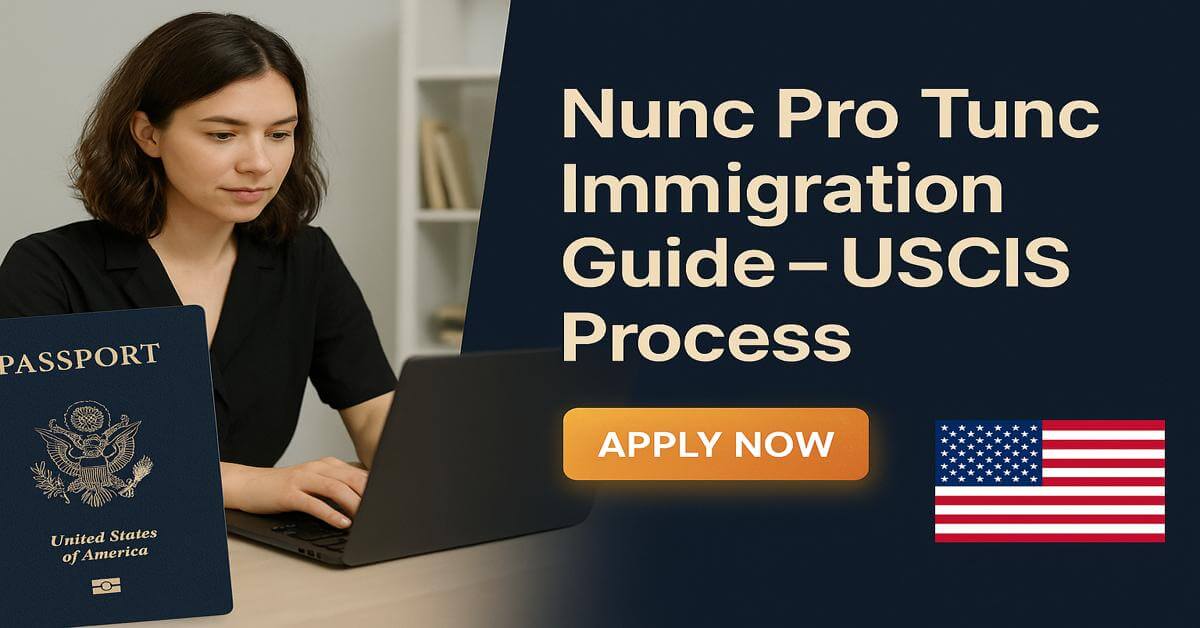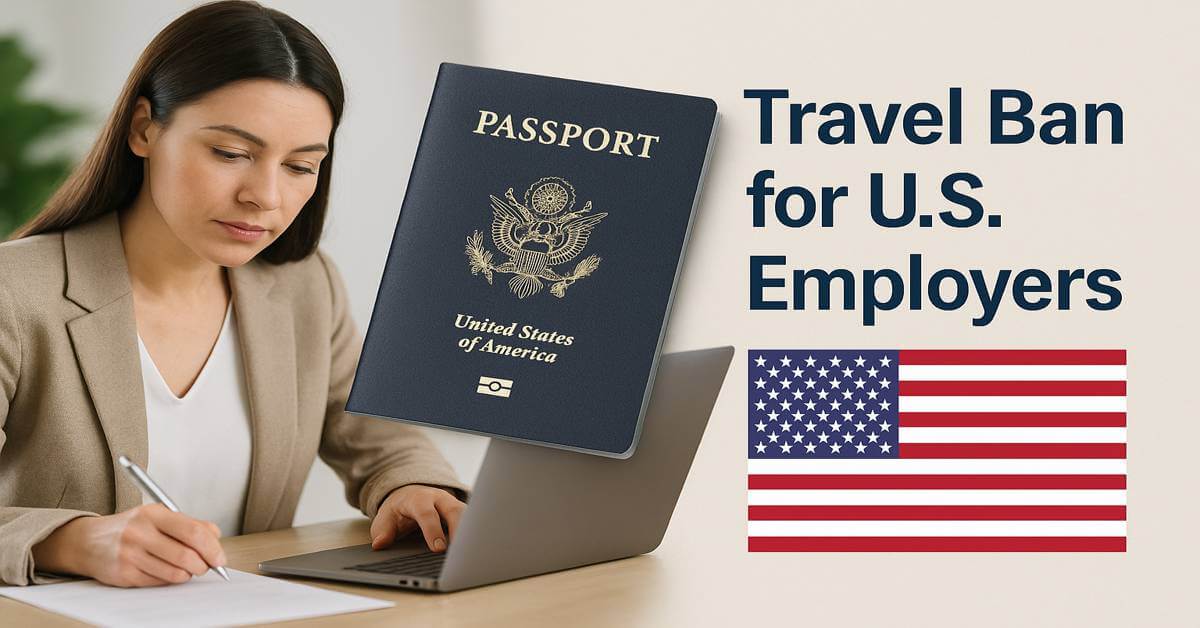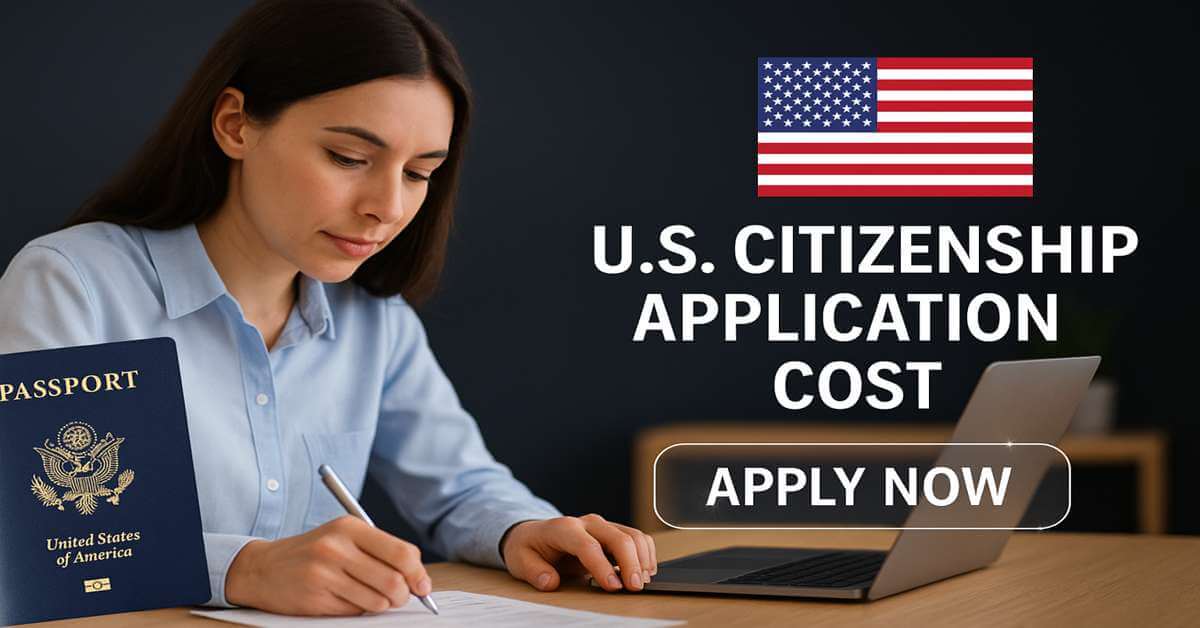Former President Donald Trump has unveiled a new investor visa initiative, now rebranded as the “Trump Card,” which proposes to offer permanent U.S. residency, work authorization, and a path to citizenship in exchange for a $5 million investment. Initially called the “Gold Card,” this initiative is said to be open for pre-registration, with a waiting list now available at TrumpCard.gov.
Interested individuals or businesses can sign up to receive notifications, but the website currently lacks formal details on eligibility, legal vetting, and application procedures.
Comparison of EB-5 Visa with Gold Card Visa:
The Trump Card is widely seen as a high-dollar alternative to the existing EB-5 immigrant investor program. The EB-5 program allows foreign nationals to obtain permanent residency by investing $1.05 million in a U.S. enterprise (or $800,000 in a targeted employment area), which must also create at least 10 full-time U.S. jobs. In contrast, the Trump Card is being positioned as a more exclusive route requiring a higher investment amount, though specific job creation or economic impact criteria have not been disclosed.
Legal Challenges and Uncertainties:
Immigration attorneys and legal scholars have raised concerns about the Trump Card’s legal foundation. In the U.S., new visa categories must be created through legislation passed by Congress. As of now, there is no law establishing the Trump Card as an official immigration pathway.
Without congressional approval, such a program would likely face legal challenges and may not be recognized by the U.S. Department of Homeland Security or U.S. Citizenship and Immigration Services (USCIS).
Check Also: Green Card vs. U.S. Visa – Which Do You Need and Why
Interest and Global Context:
Commerce Secretary Howard Lutnick has claimed that international interest is high. During a trip to the Middle East, he reportedly promoted the program to wealthy individuals. Similar investor residency schemes have existed in countries such as Portugal, Greece, and the UK, but many were scaled back or eliminated due to concerns over limited economic return and regulatory loopholes.
What Potential Applicants Should Know
At this stage, the Trump Card program:
- Is only accepting names on a waitlist; no applications are being processed.
- Has not been officially recognized by U.S. immigration authorities.
- Lacks published criteria for eligibility, investment type, or benefits.
- Is not supported by any current federal legislation.
Risks and Considerations
- Uncertain Legality: Proceeding without formal legal backing may result in denial of immigration benefits.
- Financial Risk: A $5 million investment commitment could be lost if the program fails to launch.
- Political Factors: The program’s viability may depend on the outcome of the presidential election and subsequent Congressional support.
Steps for Interested Parties:
- Register on TrumpCard.gov to receive notifications.
- Monitor official updates from USCIS and the Department of State.
- Consult a qualified immigration attorney before making any financial commitment.
Benefits of USA Gold Card Visa:
- Pathway to U.S. Permanent Residency
Investors and skilled professionals can gain lawful permanent residence (Green Card) in the United States. - Work Authorization for Main Applicant & Dependents
Visa holders and eligible family members can live and work legally in the U.S. - Fast-Tracked Processing Times
Compared to other visa categories, investor routes often have prioritized or streamlined processing. - No Employer Sponsorship Needed (for Investors)
Applicants applying through the investment track are self-sponsored, removing reliance on employer petition. - Access to U.S. Education System
Children of visa holders can attend public schools and qualify for in-state tuition at many universities. - Freedom to Live and Travel Anywhere in the U.S.
No regional work restrictions; visa holders can choose any city or state to reside in. - Dual Intent Allowed
Applicants can apply with the intent to become permanent residents without affecting temporary visa status. - Business & Investment Opportunities
Investors can start or acquire U.S. businesses, creating jobs and expanding enterprise opportunities. - Spouse Work Rights (if Included)
In many investor and skilled worker programs, spouses may apply for employment authorization. - Eligibility for U.S. Citizenship
After fulfilling permanent residency requirements (typically 5 years), holders may apply for naturalization. - Global Mobility Benefits
U.S. permanent residency and later citizenship provide access to visa-free or visa-on-arrival entry to many countries. - Access to Healthcare and Financial Systems
Visa holders can enroll in U.S. health insurance plans and access banking and mortgage services.
Conclusion:
While the Trump Card visa program has generated significant buzz, it remains a proposed concept with no formal legal standing. Potential applicants are urged to approach with caution, seek professional legal counsel, and stay informed through official government channels.
Frequently Asked Questions:
How does this differ from the EB-5 visa?
The Trump Card proposes a higher investment threshold and lacks clear job creation requirements. EB-5 is a longstanding, federally regulated visa category.
Can I apply for the Trump Card now?
No. The program is not currently accepting formal applications. Only a waitlist is available.
Is the Trump Card visa program officially approved?
No. As of now, the Trump Card is a proposed initiative and not a legally recognized visa category.

